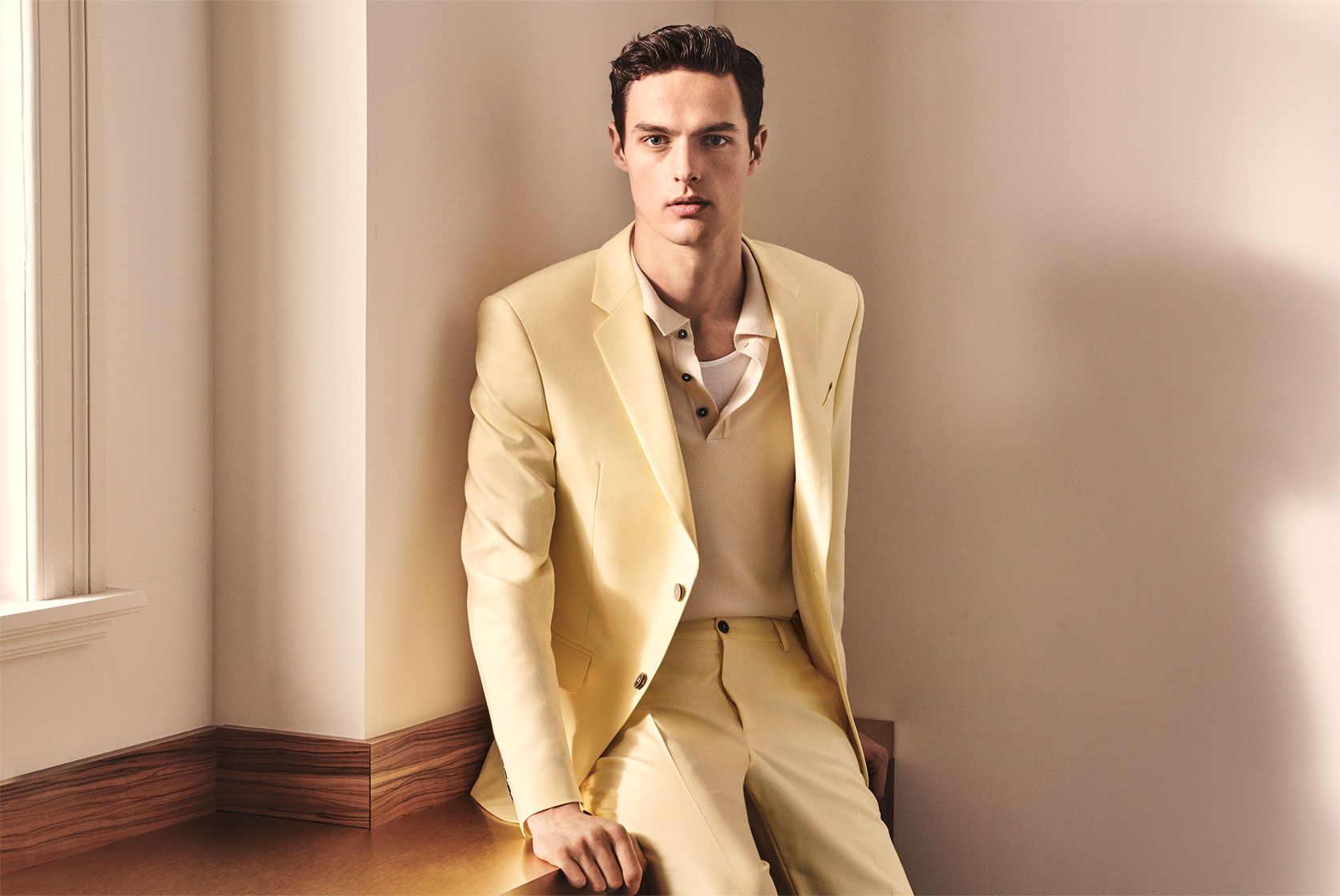American businesswear stalwart Brooks Brothers’ recent bankruptcy sent shockwaves through the fashion world. The esteemed brand, which has suited 41 of all 45 US President from Lincoln to Trump, cited the financial impact of the COVID-19 crisis plus a shift towards more casual work attire as reasons for their financial woes, The Sydney Morning Herald reports. And they’re not alone.
2020’s been a tough year for the fashion industry. Brands like Seafolly, G Star RAW, True Religion and Bardot, to start a long list, have also started going into voluntary administration. As the pandemic continues to brutalise the global economy and tighten people’s wallets, consumers don’t want to spend their money on a new outfit. Why would you when you can’t go outside anyway?
The Bat Kiss has also canceled runway shows and postponed seasonal releases; disrupted supply chains and forced physical locations to close; and changed consumer habits: people are far more interested in buying face masks than denim jeans right now. It’s also continued to accelerate the rise of e-commerce.
The reality is that many brands were already in hot water before the pandemic. Fashion trends are already cyclical and fickle, and more and more consumers are moving online, yet many brands still operate like they did pre-Internet. The convenience of online shopping means that brands need to offer an ‘experiential’ experience in their physical locations, VendHQ suggests.
Yet the value proposition of brick-and-mortar shopping doesn’t add up for most consumers, because most brands don’t put in enough effort – and The Virus has further dissuaded people from shopping in person.
So which fashion brands are going to weather the storm that’s 2020, and which will go under?
“Business and formalwear brands are likely to suffer. People are working from home, and there aren’t many weddings happening!” Sydney men’s stylist and fashion expert Jeff Lack told DMARGE exclusively.
View this post on Instagram
In comparison, brands that offer quality basics – “that you can wear around the house” – will reap the rewards of social distancing, Lack says.
Direct-to-consumer brands like Everlane, Allbirds, Oliver Cabell and Thursday Boots will continue to do well. Their more streamlined business model means they can invest more in the quality of their products, as well as offer customers a competitive price. Their ‘affordable luxury’ and sustainable materials are also hotly desired by today’s consumer.
Fast fashion brands are likely to stay afloat, at least for a little while. Some are struggling like Japan’s UNIQLO (but let’s be real, which business aren’t struggling in 2020). Others, like Swedish behemoth H&M, have actually recorded substantial growth in 2020. Other brands in this segment reporting growth include Spain’s Zara and Britain’s ASOS.
Just as a quality brick-and-mortar experience is crucial, a good online user experience (UX) is important too. Online luxury retailer MR PORTER is an example of great UX – their website is beautifully designed and very intuitive, which lends extra credibility to their luxury status while making it easier for customers to shop.
“Brands that offer a great online experience, nail their online marketing, and have good social media engagement will continue to do well,” Lack notes.
“The community aspect is very important. Brands that have developed a community will succeed where others fail.”
Take Converse, for example. Despite being a heritage brand – their iconic Chuck Taylor was arguably the world’s first sneaker – Converse has consistently innovated and moved with the times. They have timeless appeal but still have their finger on the pulse of fashion trends, whether it’s been collaborating with skaters like Sage Elsesser; musicians like Tyler, the Creator; or haute couture designers like Off-White’s Virgil Abloh and Comme des Garçons’ Rei Kawakubo.
Perhaps the reason why skate brands like Vans or Converse are so successful is that they’re bolstered by a consistent and loyal community. This community will ensure they stick around long after COVID-19, too.
View this post on Instagram
With this virus likely to be a global problem well into the future, more and more businesses will be forced to sink or swim if they want to survive. Some things haven’t changed: the need for quality materials, design and marketing; a willingness to adjust product offerings, to keep in step with fashion trends and emerging subcultures; a strong online presence with good UX; and a social consciousness (well, as much as a fashion brand can have, we suppose).
COVID-19 has undoubtedly brought with unique challenges for businesses large and small – fingers crossed 2020’s turmoil could actually be a blessing in disguise, giving brands the chance to change direction and emerge from lockdown better than ever before.
Case in point, bankruptcy might not be a bad thing for Brooks Brothers. It might give the brand the opportunity to deal with some of its debts and shake things up a little. A brand with such a legacy is unlikely to completely disappear. Maybe they’ll escape the chopping block yet.
“Declaring Chapter 11 bankruptcy is actually a very common business practice in the US,” Lack relates.
“We’ll see more businesses go down, but they’ll appear next year. It’s not like bankruptcy in Australia – there’s less stigma.”
Ultimately, time will tell who’ll be the winners and losers of 2020. Until then, stay safe. And don’t buy any Crocs.
